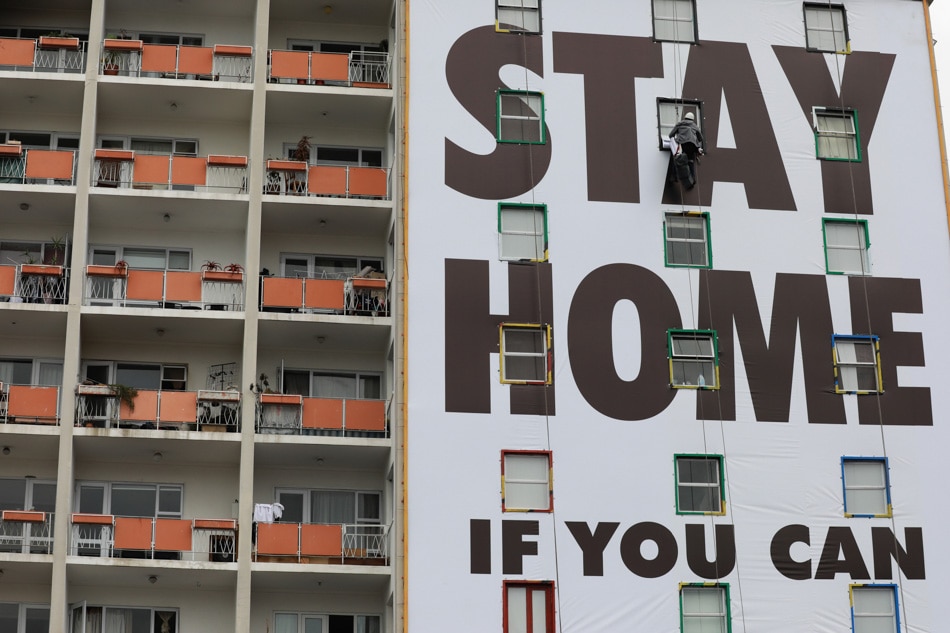
If lockdown regulations were having the intended effect, one would expect the rate of infection to spike as restrictions were relaxed. And as the country entered level 2, the pandemic started to recede. In fact, during level 3, the pandemic peaked. As lockdown restrictions were relaxed and South Africa entered levels 4 and 3, when much of the economy re-opened and restrictions on movement were substantially reduced, there was no increase in the rate of infection. Of course, the number of cases did increase over time, but what counts is whether the rate of increase changed when lockdowns changed. Note that one must look for a delay due to the disease’s 5-6 day average incubation period, and time for test results to be released. If this “hard lockdown” had been effective, the rate of infection would have dropped significantly 7-14 days after lockdown was implemented. All non-essential businesses were shut down, and cigarette and alcohol sales were banned. Citizens weren’t allowed to leave their residence except for essential purposes such as grocery shopping and medical care.

Lockdown level 5 in South Africa was one of the world’s strictest. But we found no decline in either daily new cases or deaths between around 27 March, which was the first day of level 5 and the latter part of July, when cases began to tail off during level 3. The mitigation strategies initially implemented may well have gone some way to “flattening-the-curve” – that is, reducing the rate at which the virus spreads through the population.

We recently reviewed the evidence for the effectiveness of the lockdown at slowing the spread of the pandemic. Yet data concerning both the spread of the virus and the indirect consequences of the lockdown suggest that the severe restrictions imposed in South Africa – some of the strictest in the world – were far from effective.
LOCKDOWN SOUTH AFRICA 2020 FREE
University of the Free State provides funding as a partner of The Conversation AFRICA.Īt the start of October, the World Health Organisation (WHO) and the Chinese government lauded South Africa’s response to the global COVID-19 pandemic. University of Johannesburg provides support as an endorsing partner of The Conversation AFRICA. Herkulaas MvE Combrink does not work for, consult, own shares in or receive funding from any company or organisation that would benefit from this article, and has disclosed no relevant affiliations beyond their academic appointment. Contributions to this work were generously supported by funding from Open Philanthropy Project (2020-216118) and by the International Decision Support Initiative (iDSI), which receives funding from Bill & Melinda Gates Foundation (OPP1202541).Īlex Broadbent receives funding from the Center for Global Development. We are grateful for the inputs of Damian Walker, Carleigh Krubiner, Y-Ling Chi, Lydia Regan, throughout the conceptualization, analysis, and synthesis of this work. The project is managed by the Center for Global Development. This work is part of a multi-country project that is seeking to understand the nature, scale and scope of the indirect health effects of the COVID-19 pandemic.

Professor of Philosophy of Science, University of Johannesburg Associate Professor, University of Johannesburg


 0 kommentar(er)
0 kommentar(er)
